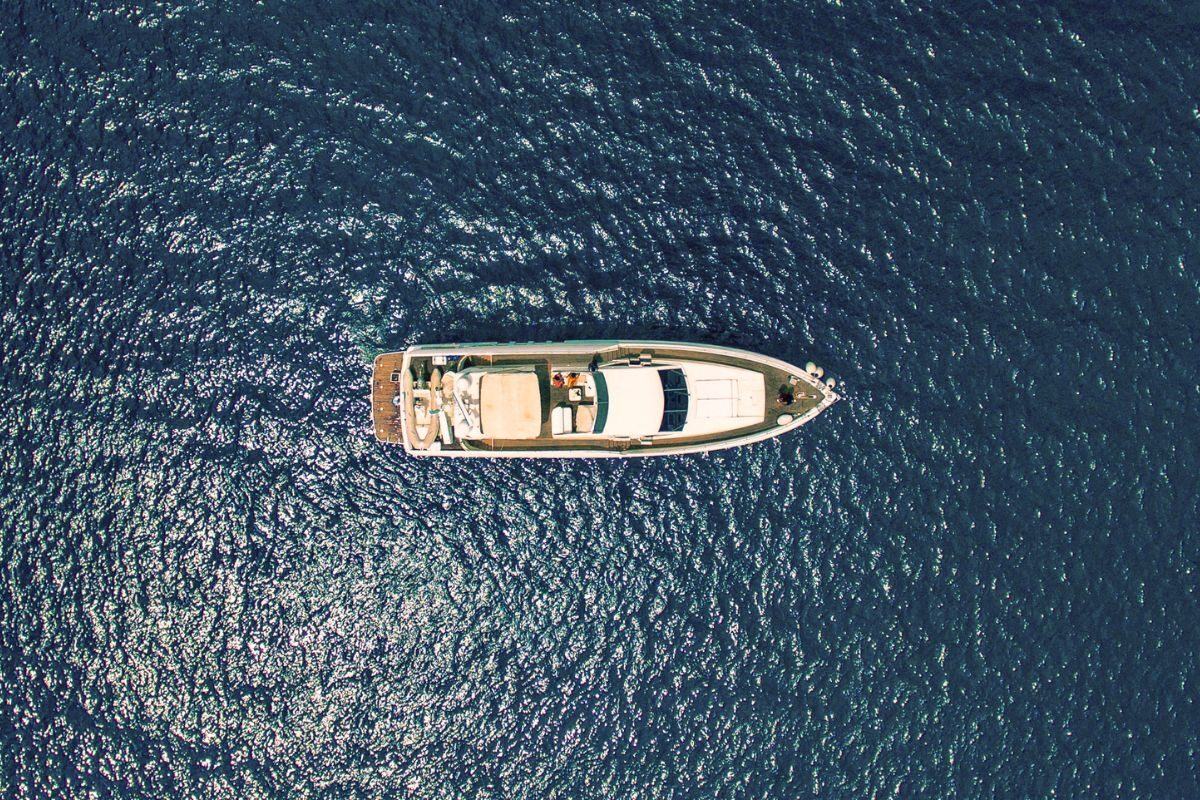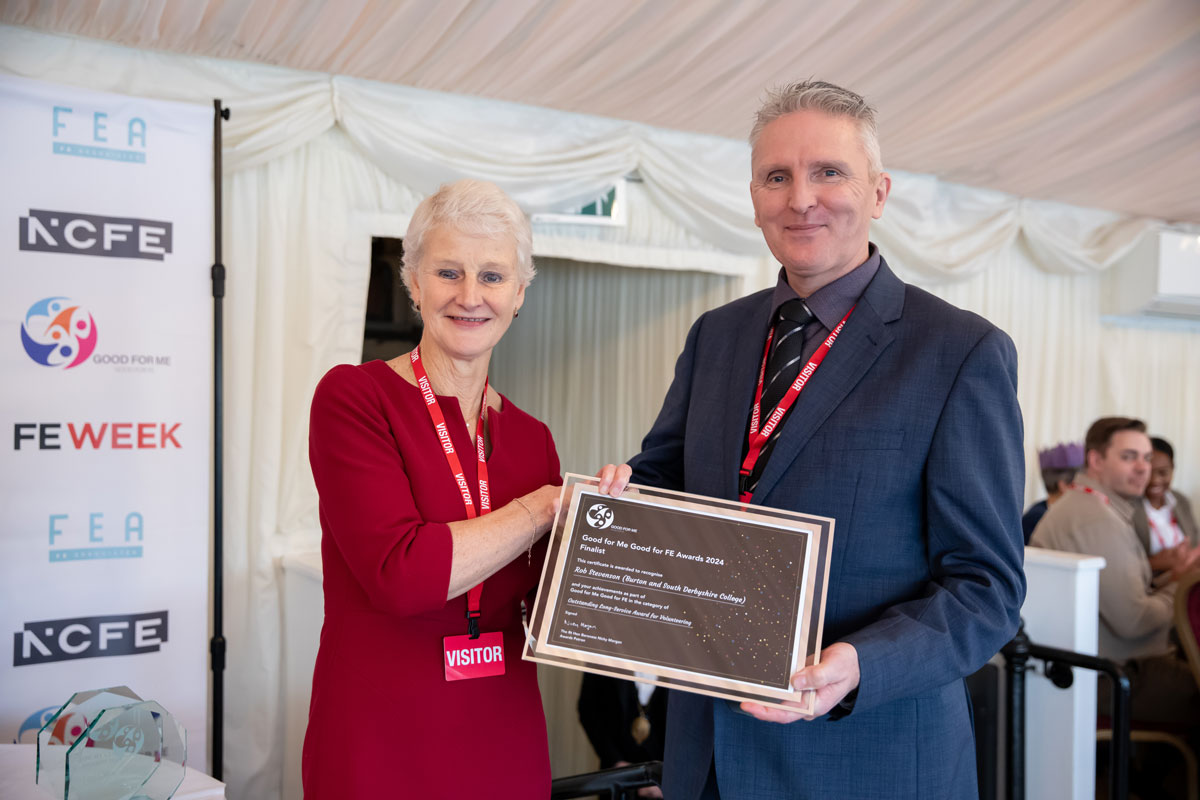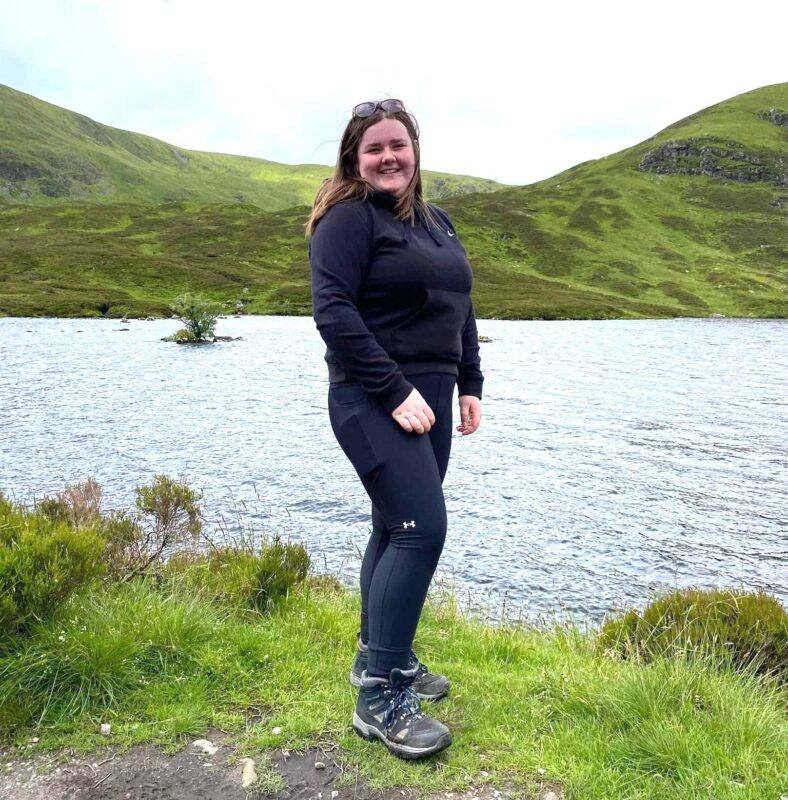UKSA sees 85 percent increase in women taking part in its Superyacht Cadetship course year-on-year

UKSA has reported an 85 percent increase in the number of women undertaking its Superyacht Cadetship from 2022 to 2023, demonstrating a positive shift in response to the charity’s work to drive diversification and appeal to more women to take up a maritime career.
The Isle of Wight based charity, which provides life-enhancing water-based adventures, education, and world-leading maritime training, has seen an increase in the number of women from 10.8 percent to 20 percent from 2022-23.
Available to those aged 18-25, and still accepting applicants for its September 2023 intake, the structured four-year programme is designed to train the future officer of the superyacht industry and was created with the Maritime and Coastguard Agency (MCA). It equips graduates with a strong foundation of knowledge, alongside offering a realistic understanding of what it takes to succeed in a career in the superyacht industry.
James Potipher, cadetship manager at UKSA said: “UKSA has been working on increasing accessibility into the maritime industry with structured pathways and providing opportunities to those that may not have been able to access this route and women in particular often feel this kind of opportunity is not accessible to them. It’s really positive to see a shift towards greater diversification and we hope the numbers continue to grow in roles that are traditionally male dominated departments on board.
“This course is a fantastic alternative to university and uniquely, students earn while they learn so they can pay off their course fees while they’re working and training in the industry. Not only is the course all-inclusive of food and accommodation during the training phases, there are also grants and funding available to make the course available to as many young people as possible.”
Cadets also have the opportunity to undertake a Foundation Degree in Operational Yacht Science during phase one and three of the Superyacht Cadetship, which is awarded by the University of Plymouth. The option gives additional careers and training pathways into different sectors in the maritime industry.
The course comprises five phases; phase one will see cadets developing skills and knowledge of seamanship and safety as well as industry qualifications. Phase two sees students employed on a superyacht as an entry-level deckhand and phase three progresses cadets from a junior deckhand to more senior positions onboard such as lead deckhand or bosun by building on their working experience. Phase four gives the cadets watch keeping experience in a paid employment role which will see them practically applying and honing the techniques and practices learned. The final stage is the Officer of the Watch 3000gt training with cadets studying senior modules towards a final examination.
As a charity, UKSA has funding opportunities available for students who would otherwise struggle and can help with assisted funding towards the Superyacht Cadetship programme.
For more information on UKSA and its maritime training for a career at sea, please visit www.uksa.org











Responses